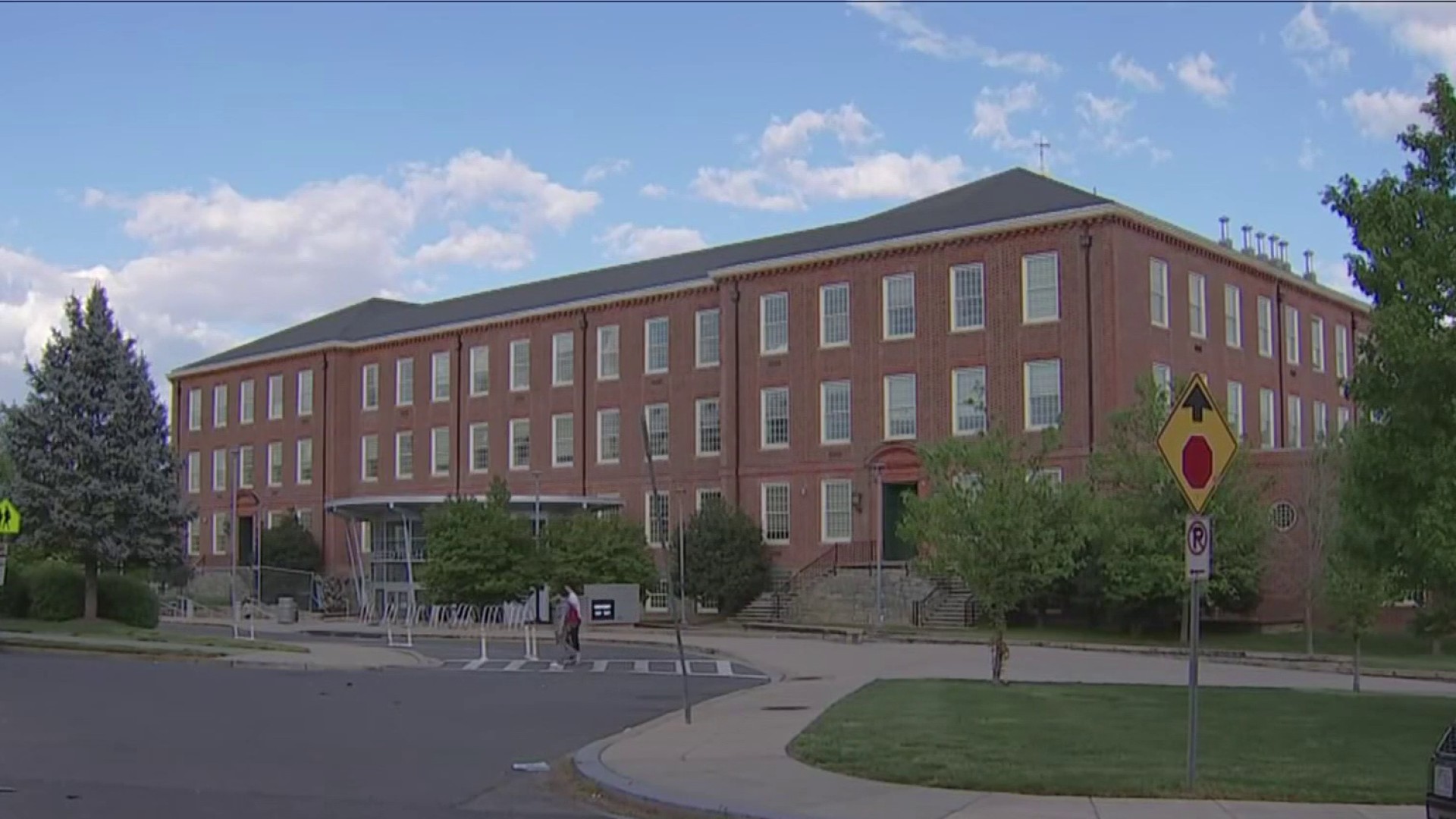News4 went #SugarFree for a week and many of us documented our experiences and how we felt. Below is one of our producer's stories of her experience living a virtually sugar free lifestyle.
I went "sugar free" two years ago… but I feel like I cheated. My co-workers are going through withdrawal symptoms and fighting cravings, but I made the switch without any of those horrible experiences.
A quick note: I’m a TV producer, not a doctor. This is my story, and what works for me – your physician’s advice may vary.
I had a surgical procedure in 2015 that prevents my body from processing sugar normally. When I do eat more than a few grams of sugar, I get very sick. My whole body aches as if I have the flu. I get so tired I can’t keep my eyes open. My heart rate doubles. I feel miserable. The severity of the symptoms, and the amount of time they last, depends on how much sugar I eat.
The operation I had is called Roux en Y, but you likely know it as Gastric Bypass surgery. So now you’re thinking – wait, isn’t that the surgery severely overweight people have to make their stomachs smaller and help them lose weight? It is! What most people don’t understand is the “bypass” part of the procedure. The surgeon makes your stomach smaller, then he bypasses the part of your small intestine responsible for absorbing sugar and fat. There are many kinds of weight loss surgeries, but I opted for Gastric Bypass specifically because it forces you to give up sugar. And it worked: in 14 months I dropped from a size 22 to a size 2.
As soon as I woke up from anesthesia I was repulsed by the idea of anything sweet. A few months after surgery my husband brought home slices our favorite dessert from the bakery that made our wedding cake. I got nauseous just smelling the icing. Before surgery, I could have eaten that cake for every meal, every day, for weeks. Something about the ‘bypass’ part of the Gastric Bypass acted like a switch, and turned off the section of my brain that constantly craved sweets.
I had zero appetite for anything, let alone sugar, for over a year. Patients wake up from surgery with a stomach that’s 90% smaller than when they went under, so when they do eat, they get fuller faster. The swelling subsides eventually, but after 21 months, my stomach only holds 3 or 4 ounces of food at a time.
Local
Washington, D.C., Maryland and Virginia local news, events and information
Eventually my appetite and my sweet tooth returned, though neither is as voracious as before the procedure. At this point in my post-surgery, post-sugar life, it’s easy to ignore my brain when it begins to crave sweet things; nothing is worth feeling as sluggish, sleepy and as sick as I know sugar makes me feel. The “bypass” is a built-in behavior modification I’m likely to have the rest of my life.
It isn’t fair to say my diet is completely sugar free. It’s more like ‘very low sugar.’ My goal is no more than 6 grams of sugar per meal, and no more than 2 grams in snacks. Deciding not to eat sugar is one thing. Figuring out how to actually avoid it, is another. It’s EVERYWHERE.



